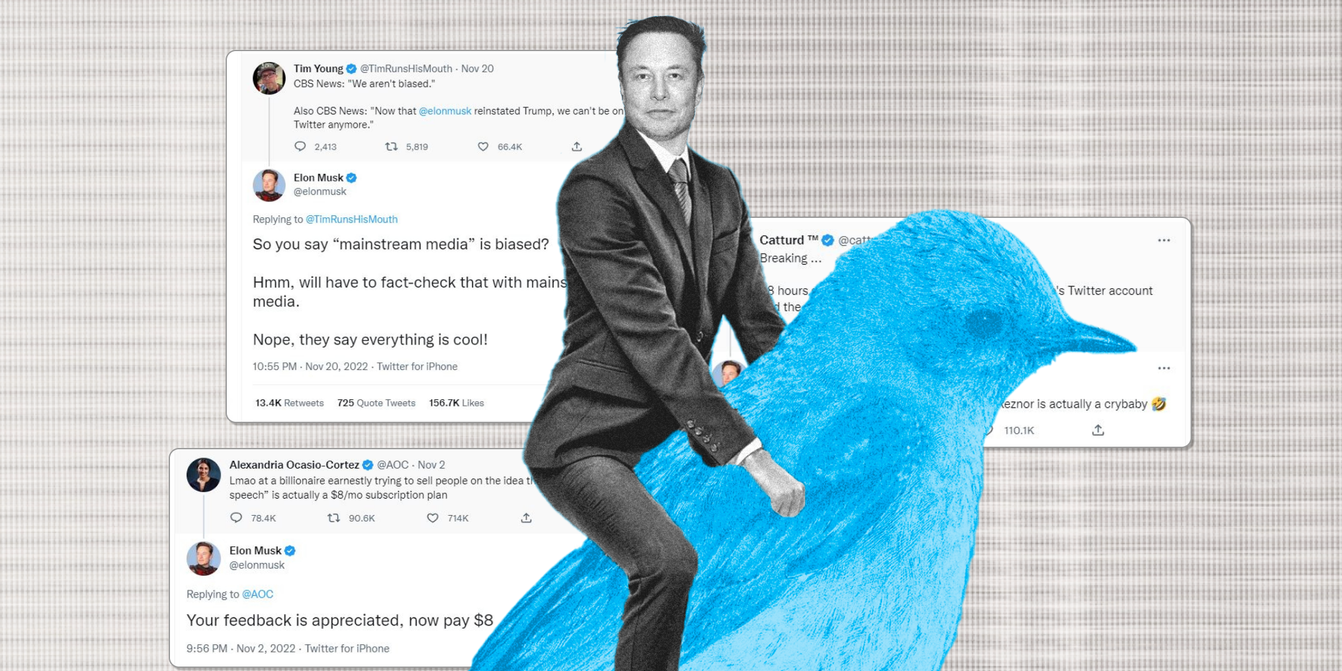"Couldn't Destroy USA Better if I Tried": Conservative's Stark Warning Echoes Broader Polarization Concerns

A prominent social media user, identifying as a "Country Club Conservative," recently posted a stark message on a popular platform, declaring, "I couldn’t come up with a better way to destroy the USA if I tried." The hyperbolic statement quickly garnered attention, reflecting a growing sentiment of profound concern and frustration within certain segments of the American political landscape. This type of rhetoric underscores the intensifying political polarization gripping the nation.
The term "Country Club Conservative" typically denotes an individual who is fiscally conservative and often socially moderate, prioritizing economic stability, lower taxes, and free markets. Such a strong, almost despairing, statement from this perspective suggests a deep-seated apprehension regarding the current trajectory of the United United States, particularly concerning issues perceived to threaten traditional values or economic prosperity. It highlights how even traditionally establishment-aligned conservatives are expressing extreme dissatisfaction.
Recent studies by organizations like Pew Research Center indicate that a significant majority of Americans view the nation's political discourse negatively, often using terms like "divisive" and "polarized." Experts, including those cited by the Carnegie Endowment for International Peace, suggest that political leaders' rhetoric can exploit real grievances, creating "us" versus "them" camps and fostering distrust. This environment allows for the amplification of extreme viewpoints across the political spectrum.
Social media platforms play a critical role in this dynamic, often exacerbating political animosity. While not the sole cause, they are key facilitators in spreading highly charged political content and contributing to an "us versus them" mindset, as noted by researchers at Brookings. The immediate and widespread dissemination of such sentiments, like the "Country Club Conservative's" tweet, can further entrench divisions and contribute to a sense of national crisis among various groups.
The tweet serves as a poignant example of the heightened emotional intensity prevalent in contemporary American political conversations. It reflects a broader trend where concerns about national direction are increasingly articulated through stark, existential warnings, signaling a challenging period for national unity and problem-solving. This escalating rhetoric poses significant questions about the future of bipartisan cooperation and the overall health of democratic institutions.